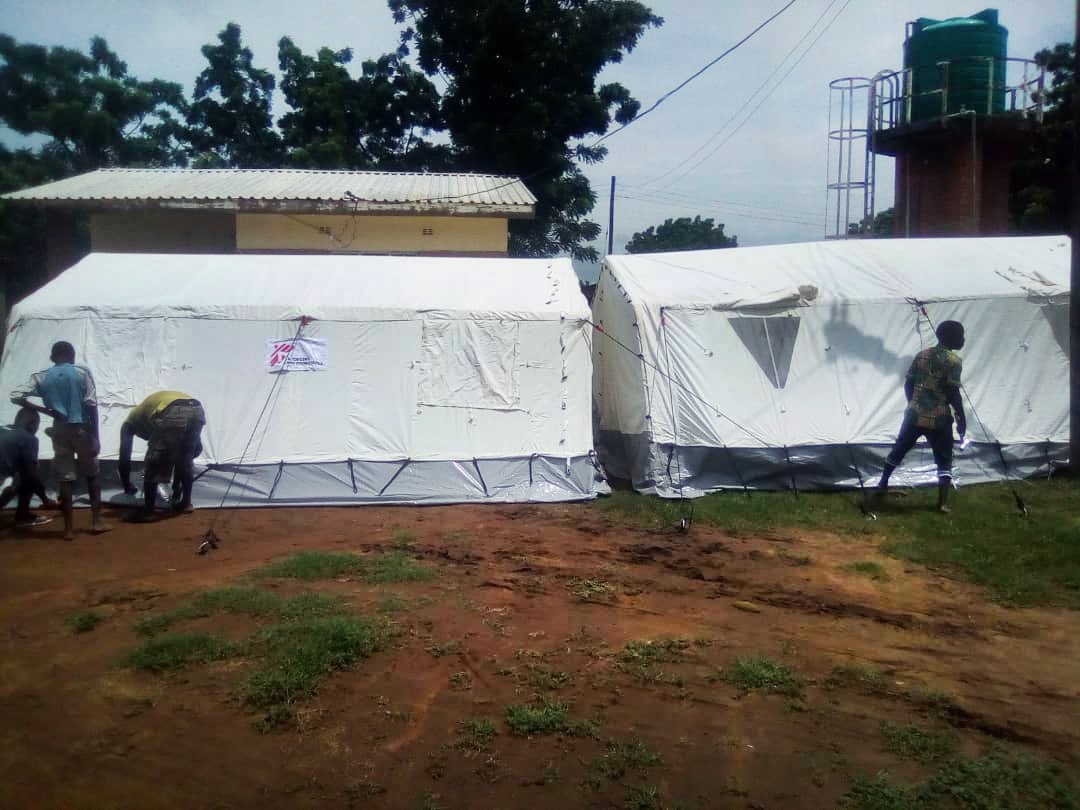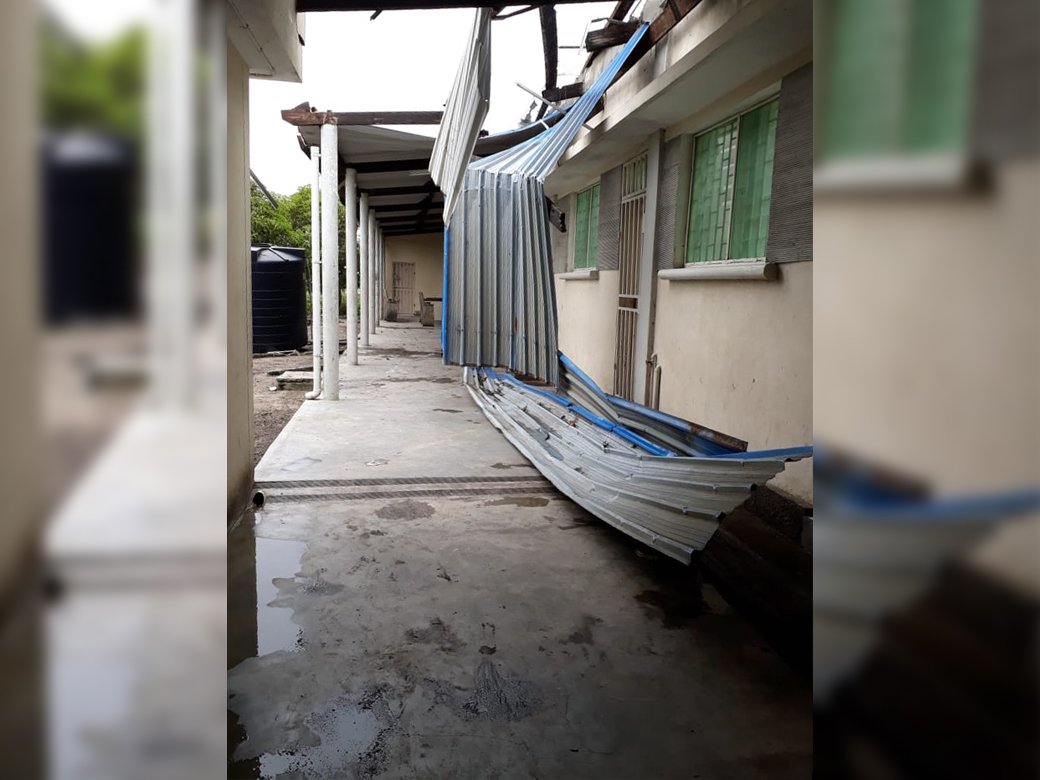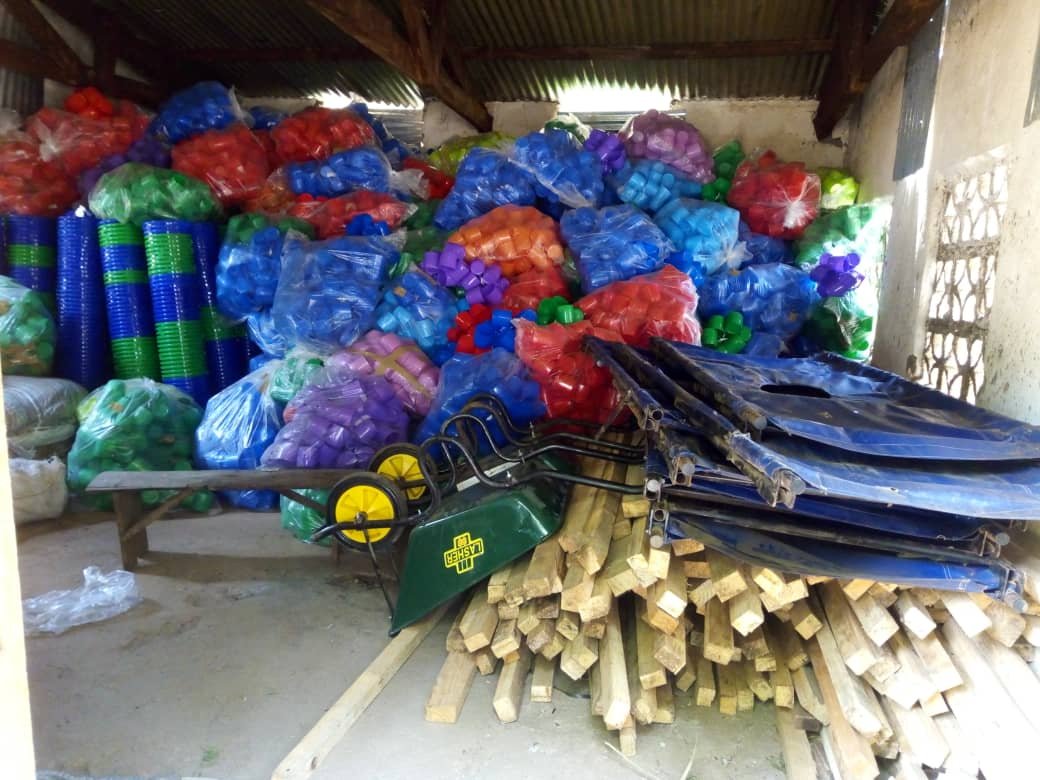MSF Emergency Team arrived at Mozambique; Continued rain may worsen the situation after cyclone




Mar 20, 2019
Cyclone Idai has already caused 202 dead in Mozambique, and the actual death toll is likely to be much higher. Team of 6 emergency-experienced MSF staff on the ground in Beira now. MSF sending more of its best emergency-experienced teams to the flood-affected areas.
It has continued raining, and flood levels have kept rising in many places. The potential that authorities may have no choice other than to open dams means more flooding can be expected in coming days. We do not criticize this action, as dams bursting would be even worse, but its consequences could be grave. This will certainly lead to more flooding. The need for a massive emergency humanitarian response is now totally beyond any doubt. And that response is starting up.
Massive mobilization of MSF’s emergency supply systems. Big orders of medical and non-medical emergency-response essentials are being prepared and will be dispatched as soon as possible to Mozambique - from MSF supply and logistics hubs in Dubai and Belgium. It is hopeful that MSF's first shipments of supplies – the first of many - will arrive by plane to Beira tomorrow (21 March). Other shipments may be by plane or boat/barge.
So far, the emergency team has mostly been assessing and identifying what are the most urgent priority actions. When the supplies arrive, the assistance work can start in earnest.
Makeshift roofs will be installed on two health centres in low-income neighbourhoods of Beira in coming days. This will enable them to start functioning again. In one of these centres MSF was providing HIV care before the cyclone hit.
We are also planning to convert the MSF HIV consultation mobile to become a general primary healthcare mobile unit. There are two consultations rooms on the truck, and it is able to transport a basic medical pharmacy supply. Using this, in collaboration with the Ministry of Health, we’ll be providing health consultations in informal settlements where people whose houses were destroyed have gathered.
We are starting to get a decent picture of the needs in Beira. Beira is a big city, with 80% destroyed after cyclone, so we cannot have a perfect analysis yet of exactly all the needs. In rural areas, we eagerly await the arrival of further MSF emergency teams as there are almost certainly huge needs in multiple places.
Main concerns
- Safe drinking water. The government has managed to get a generator to Beira which will need to be installed, and should in theory enable the city’s municipal water treatment plant to start functioning again. But the people living in the poorer neighbourhoods are unlikely to have easy access to this municipal water supply, so there’s a real problem in store if they cannot be provided with safe drinking water.
- Healthcare in general. We’re re-roofing two health centres, but this is a city of 500,000 people, and so much of the healthcare infrastructure was damaged or destroyed that the Ministry of Health is facing a big challenge to get sufficient base-line essential health services running again.
- In general, access remains a massive challenge for all emergency responders in this disaster zone. Many roads still cut.
- If more dams are opened, the scale of potential flooding is frightening.
We suspect some areas outside Beira are in a really critical situation. Additional MSF teams will be arriving to see what are the most urgent needs and to launch response activities. We cannot yet say what those will be – too soon to tell.





Leave a Comment